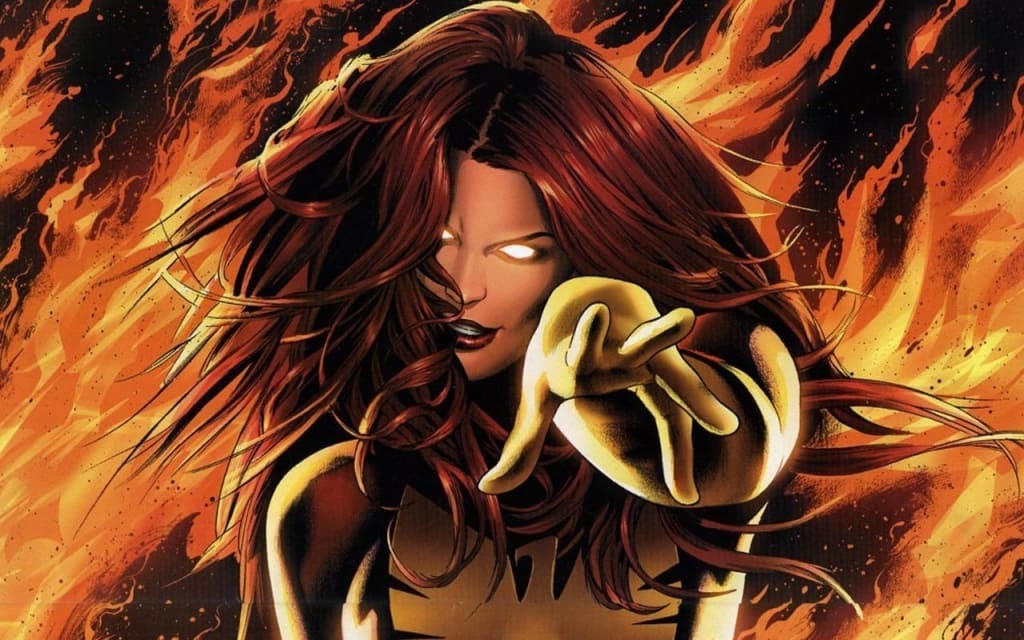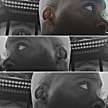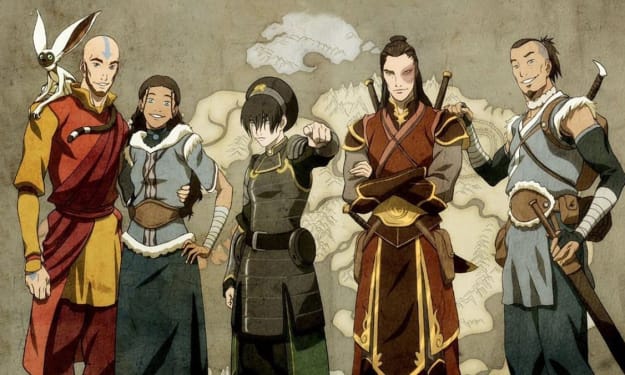The Darkness Came Later
The Phoenix Saga: How It Went Wrong Onscreen

The final X-Men film under 20th Century Fox films will be released early in June before the rights to the characters are absorbed into the MCU juggernaut. Simon Kinsberg gets a final chance to erase the debacle that was The Last Stand. Kinsberg wrote The Last Stand, with directing duties going to Brett Ratner.
With Ratner now persona non grata in Hollywood, and director of X-Men Apocalypse, Bryan Singer, heading in the same direction as Ratner, it fell to Kinsberg to make his directorial debut in a series he has been involved with since the risible Last Stand.
Though he has many writing credits, Kinsberg is predominantly known as a producer. Of the films he is credited with writing, one could say that the results have been mixed. Of the better films he has been involved with—Days of Future Past, Apocalypse—he has written the screenplay from another person’s story.

On Dark Phoenix, not only is he producing and directing, but he has also written the story and screenplay. For those who do not know and look to IMDB, the names credited with the story—Chris Claremont, John Byrne, and Dave Cockburn—wrote the original, staggeringly brilliant comic story, The Dark Phoenix Saga.
That story was a complex web, involving Mastermind, a mutant who manipulated what a person could see and was part of the Hellfire Club, a band of mutants who want to gain vast power, both political and financial. The Hellfire Club was somewhat bastardised for the film, X-Men: First Class.
In the comics, Jean Grey, who would become Phoenix and then Dark Phoenix, was at one point living a dual reality as Mastermind—aided by a device from mutant telepath Emma Frost—had her believing she was a member of high society in the 18th century.
Her confusion, plus the struggle of wielding the cosmic Phoenix power, resulted in her committing a heinous act, attracting the attention of the Shi’ar Empire, and forcing a standoff between the X-Men and the Shi’ar Imperial Guard.
The X-Men lose and Jean, realising her unlimited power could be a danger to all that she held dear, commits suicide.

Unlike the MCU’s carefully mapped out, cleverly structured, overarching story leading to the highly anticipated Avengers Endgame, the X-Men films have been a mishmash of loosely connected films with varying quality.
I am not averse to films deviating from the source material, especially when it comes to comics. To make an exact replica of a comic is a little pointless. It is simply animating something you would have already seen.
Watchmen faithfully follows Alan Moore’s comic of the same name. It is as though the comic was used as a storyboard for the film. Unfortunately, because it so rigidly follows the comic, it is somewhat lacklustre.
The MCU has made some adjustments to characters from the comics, mostly when it comes to the costumes and for the sake of the story. For the most part, the elements that are—for the comic book fans—important have been kept. Over at 20th Century Fox, with the X-Men, there was no such consideration.
Hugh Jackman’s Wolverine has always been the best and most popular character in the X-Men franchise. That Jackman should never have been considered for the role, as the character in the comics is five-foot-four, compared to Jackman’s six-two, did not seem to matter.
It is a credit to Jackman’s commitment to the role—especially in the phenomenal Logan—that comic book fans embraced him to such a degree that him giving up the role has left a big hole for some actor to fill.
The ignoring of one of Marvel’s most popular character’s height is a minor grievance compared to the litany of mistakes and artistic decisions that have been made in the X-Men cinematic universe under 20th Century Fox. The most grating of which is making Mystique a good character because she was played by Jennifer Lawerence. A travesty.
The characters of Cyclops, Angel, Beast, Iceman, and Marvel Girl, who formed the original X-Men created by Stan Lee and Jack Kirby in 1963, were interesting, fleshed out, plucky teenagers.
With the exception of Jackman, Patrick Stewart, and James McAvoy who played old and young versions of Charles Xavier/Professor X, respectively, as well as Ian McKellan and Michael Fassbender, who portrayed old and young Magneto, the other characters have been poorly represented in the franchise.
I will go and see Dark Phoenix, even though I’m not filled with joy at the prospect. Perhaps, Kinsberg will do what James Mangold did and follow an awful film, The Wolverine, with a modern-day classic, Logan. I can only hope.

About the Creator
Q-ell Betton
I write stuff. A lot.






Comments
There are no comments for this story
Be the first to respond and start the conversation.